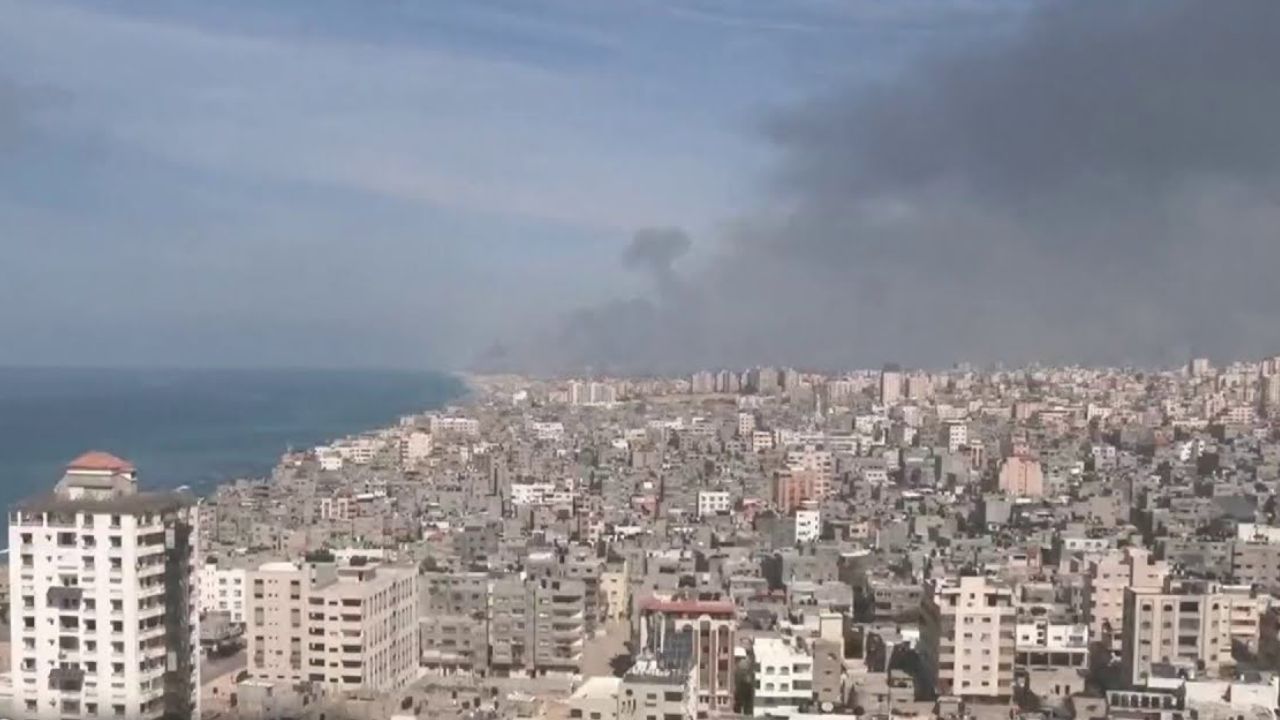
The world woke up to a shocking crisis on a Saturday morning, one that has left everyone baffled and concerned. Gaza, a region that has always been a source of tension, has exploded into a conflict of unprecedented scale. In this article, we will delve into the historical context, the unique aspects of this crisis, and the potential implications it holds.
Unprecedented Nature of the Crisis
As our Chief Foreign Affairs Correspondent, Andrea Mitchell, pointed out, this crisis in Gaza is unlike any we’ve seen before. In previous instances of conflict in the Middle East, there was always a trigger—a specific event or incident that ignited the tensions. However, in the case of Gaza, there was no such trigger. It has always been a volatile region, but this time, the scale and intensity of the conflict are beyond anything we’ve witnessed.
The 50th Anniversary
Ironically, this crisis occurs on the 50th anniversary of another significant conflict—the Yom Kippur War. In the past, anniversaries of such events were marked with academic discussions and conferences. Still, this time, there is nothing academic about the situation. The tension has been building not only in Gaza but also in the West Bank and other parts of the country due to growing friction between the Palestinians and Israelis, driven by factors like settlement conflicts and right-wing coalitions.
Gaza: A Complex Challenge
Gaza, as our correspondent Richard Engel described, is a place that Israel would prefer to ignore. It has always been a complex issue due to its ungovernable nature. Furthermore, there is a deep division within the Palestinian leadership, with Hamas, the most radical faction, controlling Gaza. This division has left Palestinians without strong leadership and has halted any meaningful negotiations with the Israelis since 2014.
Surprise and Shock
The most surprising aspect of this crisis is the element of surprise. Israel’s Iron Dome defense system has been nearly impenetrable in the past. There may have been occasional stray rockets, but nothing of the scale we are witnessing now. The resolve of the Israelis to bring back their captured soldiers has always been unwavering, and this crisis involves both soldiers and civilians. As a nation where military service is mandatory for most citizens, this event will unite Israel like never before.
Questions and Implications
As the crisis unfolds, there will undoubtedly be questions about how it happened and what went wrong with intelligence and security measures. This crisis also follows a year of internal divisions in Israel involving the military, intelligence, and protests against the government. The sheer scale of this conflict has the potential to unite the Israeli population in seeking answers and solutions.
Conclusion
This unprecedented crisis in Gaza demands immediate attention from the international community, particularly the United States. As the closest ally of Israel and a champion of democracy, the U.S. must step in to address this crisis. The State Department and the National Security Council will have to take immediate action to prevent further escalation and find a path toward resolution. Gaza’s complexities and the absence of strong Palestinian leadership make this a daunting challenge, but the world cannot afford to turn a blind eye to the suffering and destruction unfolding in this troubled region.